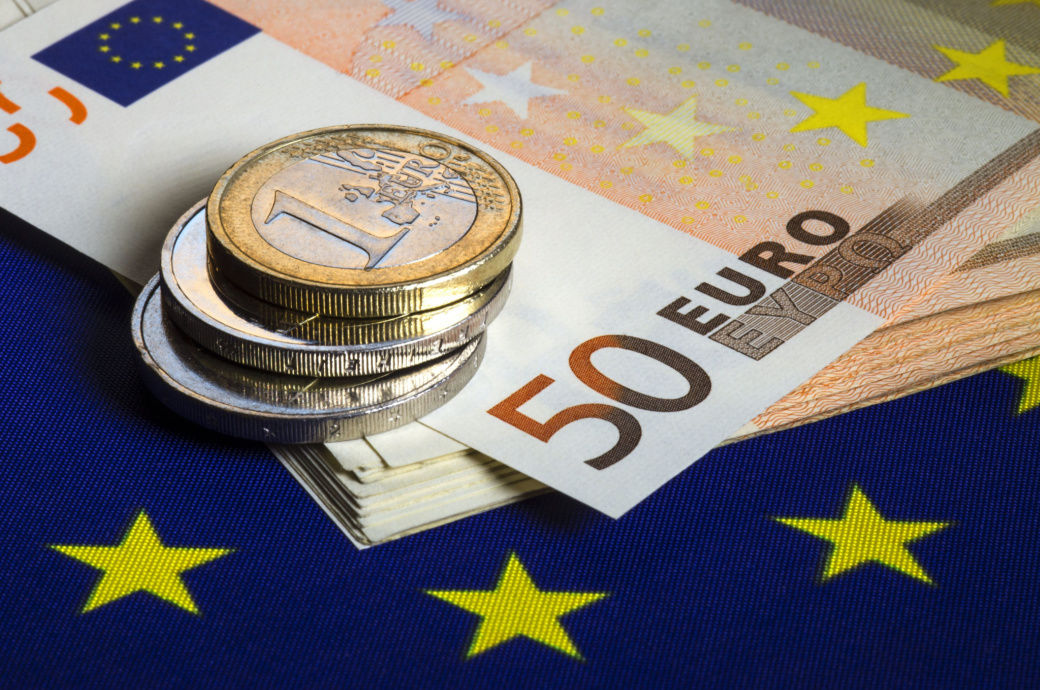
In a new report, the rating agency said energy will continue to pressure eurozone consumer price index (CPI) despite ongoing government intervention.
Eurozone inflation soared to 9.9 per cent year on year (YoY) in September and energy prices directly accounted for 4.2pp of this, rising by 40.7 per cent YoY, while comprising just under 11 per cent of the consumer price index (CPI) basket.
Differences in the market structure, ways of measuring energy prices in the CPI and government policies have led to different inflation outcomes across the bloc, Fitch noted. Consumer prices have still yet to reflect the approximately six-fold rise in wholesale gas prices since prices began to climb in April 2021.
Fitch, in its September Global Economic Outlook, forecast eurozone inflation to end 2022 at 9.3 per cent and 2023 at 4.3 per cent. This assumed that consumer energy prices would approximately double between April 2021 and mid-2023, which would require energy CPI to average 30 per cent in 2023, falling to 15 per cent by end-2023.
Policy interventions are being drawn up at national and EU level that could put downward pressure on prices in 2023, but these measures are not indefinite, Fitch said in a release.
Despite efforts to diversify energy sources and reduce demand, only a large positive gas supply shock could quickly reverse rises in consumer energy prices. Fitch expects wholesale gas prices will still average €190/MWh ($55/mcf)—triple the 2021 average—in 2023.
If prices fall in 2024, then Fitch Ratings would expect governments to taper off support to consumers.
Fibre2Fashion News Desk (DS)